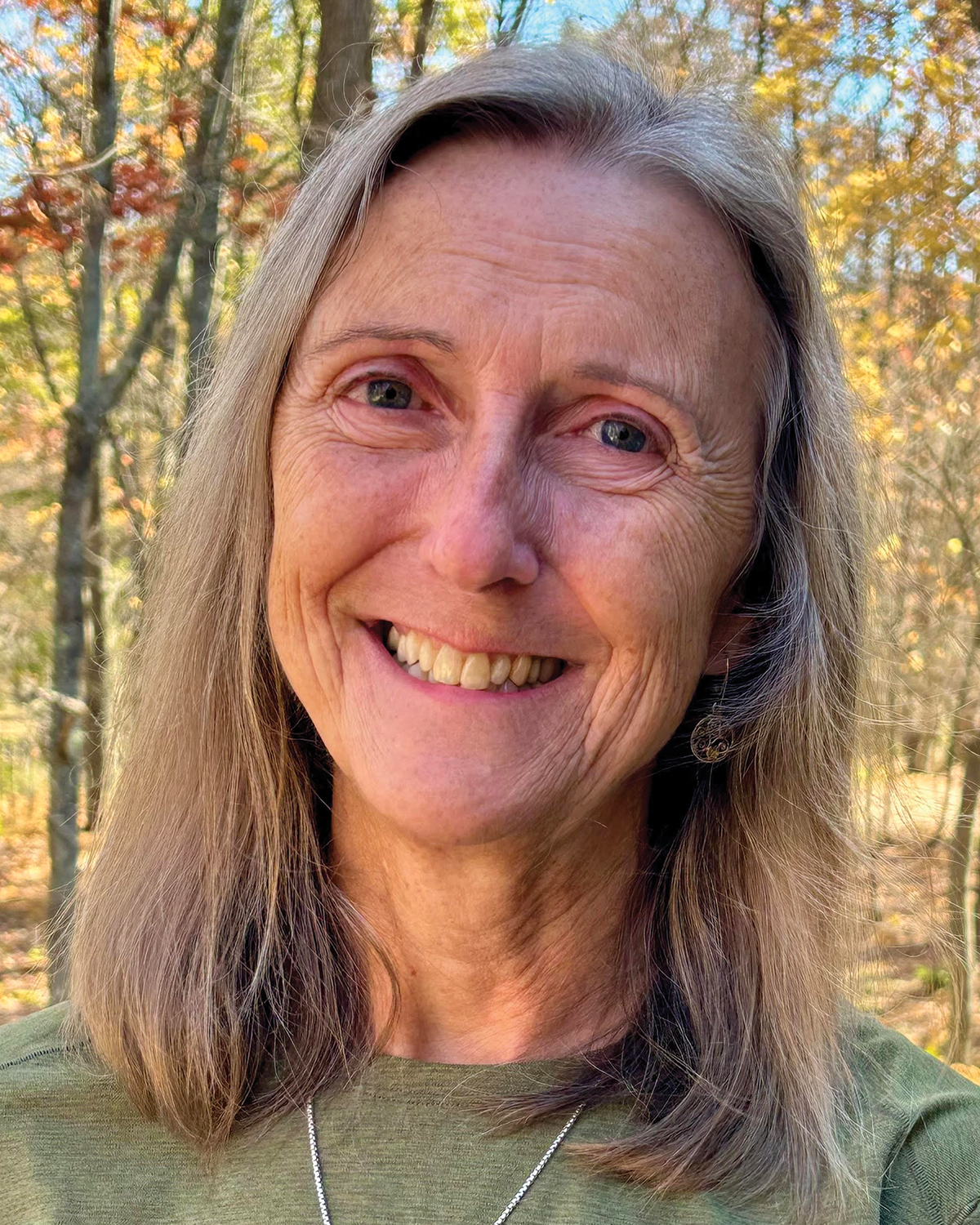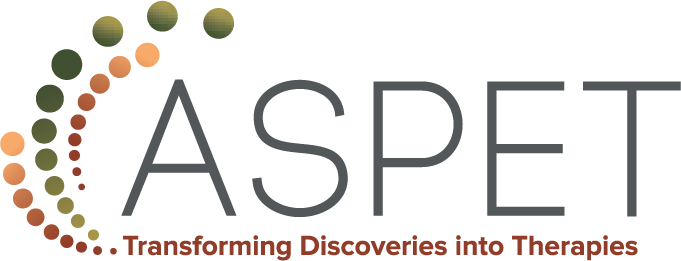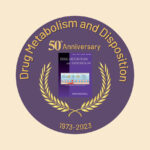A Conversation with ASPET’s Secretary/Treasurer-Elect Pam Hornby, PhD
 Pamela Hornby, PhD, is the Secretary/Treasurer-Elect of the ASPET Council. She holds a doctorate in Physiology from the University of Kentucky. Dr. Hornby applies her knowledge of translational pharmacology to helping patients and to mentoring the next generation of scientists who also strive to serve them. She is currently Professor (ADJ), Department of Physiology and Pharmacology, College of Medicine, Drexel University, Philadelphia, Pa., and has served as Senior Principle and Fellow (retired), CV & Metabolic (CVM), Janssen R&D, LLC., Spring House, Pa.
Pamela Hornby, PhD, is the Secretary/Treasurer-Elect of the ASPET Council. She holds a doctorate in Physiology from the University of Kentucky. Dr. Hornby applies her knowledge of translational pharmacology to helping patients and to mentoring the next generation of scientists who also strive to serve them. She is currently Professor (ADJ), Department of Physiology and Pharmacology, College of Medicine, Drexel University, Philadelphia, Pa., and has served as Senior Principle and Fellow (retired), CV & Metabolic (CVM), Janssen R&D, LLC., Spring House, Pa.
Dr. Hornby was a member of ASPET from 1994–2004; and has been a member since 2012. She has served as the Chair of ASPET’s Division for Translational and Clinical Pharmacology Division. A Class of 2022 ASPET Fellow, she brings a balanced academic/industry perspective to help drive discussions toward “out-of-box” thinking. Dr. Hornby offers her insight and guidance for young scientists.
How did you get started in pharmacology?
My research has always involved using tools (chemicals, proteins/peptides, genetic modulators) to understand the physiology of targets (enzymes, receptors and channels) and their potential therapeutic role in preventing disease progression. A deeper realization of the importance of applying the principles of pharmacology to these tools started when I joined Drug Discovery at Johnson & Johnson and continues to this day.
How did you first get involved with ASPET?
Initially, I became a member of ASPET as a faculty member in the Dept of Pharmacology and Experimental Therapeutics at LSU Medical School. However, I dropped my ASPET membership when other Societies became more relevant for getting feedback on my specific area of research. My return to ASPET came after I joined Drug Discovery and realized how foundational it is in order to do skillful translational research for therapeutic clinical development. This is how I hope to inspire trainees to realize the value of their skills.
What do you want the ASPET membership to know about you and your ideas on how to move the organization forward during your term?
I want to make it a Society that recognizes and rewards contributions that impact the field of Pharmacology, irrespective of sector, location and cultural background and knowledge from which it arose. Help realize the value of our membership to diverse careers.
What has been your proudest accomplishment in your career so far?
It was being privileged to have a brilliant team of chemists and pharmacologists that lead to the discovery and characterization of ‘mudelta,’ as we informally called what became eluxadoline. Experiencing its progression through clinical trials and regulatory approvals so that it could alleviate the suffering of patients with Irritable Bowel Syndrome was incomparably satisfying as a translational scientist.
What advice would you give young scientists who are just starting out in their careers?
Don’t be shy about learning a little about what you don’t understand by asking someone who does it every day to explain it to you. Scientists are happy to talk about what makes them excited to go to work. Embrace change by stretching yourself by continuous learning but have a deep knowledge of something of core importance to you.

